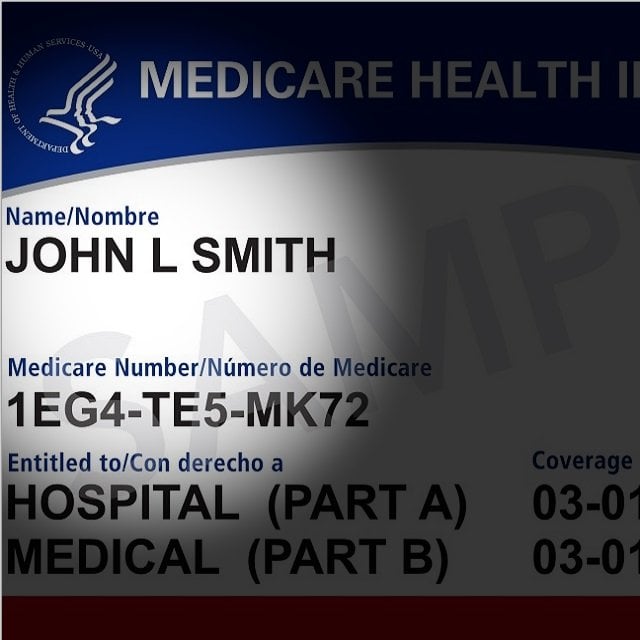The New Medicare Advantage Prior Authorization Rules: A Medicare Customer Question

What You Need to Know
Medicare Advantage plan disenrollments have increased sharply.
One reason is denials of requests for coverage.
A new program policy could limit denials.
Medicare Advantage was introduced as an alternative to traditional Medicare plans in 2003.
Since then, it has been a popular option for some beneficiaries, such as those who are seeking additional services beyond traditional Medicare, including dental, vision, and in some instances, gym memberships.
However, Medicare Advantage also has its drawbacks.
One of the major points of difficulty that Medicare Advantage beneficiaries have had to grapple with is the prior authorization requirements by their insurance provider for health care services.
Medicare Advantage plans, or MA, plans are offered by private organizations approved by Medicare.
These providers can require prior authorization before approving treatment, which means enrollees must request permission before they can receive medical care and may be subject to denial of service if the requested care is deemed unnecessary or more cost-efficient elsewhere.
Originally, these requirements were intended to save providers and patients money and time by predetermining if a treatment is medically necessary, and preventing patients from finding out that a treatment will not be covered by their plan after they have already had the procedure.
However, in recent years, these authorization requirements have caused issues as providers fail to keep up with a backlog of requests, causing delays and barriers to necessary care.
In fact, some seniors have left their Medicare Advantage plans due to the denials and potential risk to their health with the inability to get needed care.
Even the appeals process can be daunting and time-consuming.
Despite the rise of enrollment in MA plans, disenrollments have increased from 10% in 2017 to 17% in 2021, according to the Commonwealth Fund.
In light of these issues, the Biden-Harris administration has released new prior authorization rules.
As some states begin to implement legislation of their own, and the federal changes are set to take place by 2024, it’s important that agents are aware of the upcoming changes and how they may affect their clients current plans or future options.
The Question:
How will new prior authorization requirements affect Medicare Advantage patients?
The Answer:
The new Medicare Advantage policies will make Medicare Advantage a more viable option for some patients, compared to historically, by speeding up the prior authorization process and making it easier for enrollees to receive the medical treatment they need in a timely fashion.
Introduced in April, these new rules require Medicare Advantage plans to provide more information about the status of prior authorization requests, offer clearer guidance on how to achieve a successful prior authorization request, and release data that may be of value to prospective enrollees and the public.
These new policies also limit insurance providers’ ability to deny requests for purely financial reasons by stating that prior authorization policies may only be used “to confirm the presence of diagnoses or other medical criteria and/or ensure that an item or service is medically necessary.” Taking effect in 2024, the new policy’s goal is to ensure those with MA plans get the same care they would receive with traditional Medicare, which could include prescriptions, procedures, medical tests, and more.






